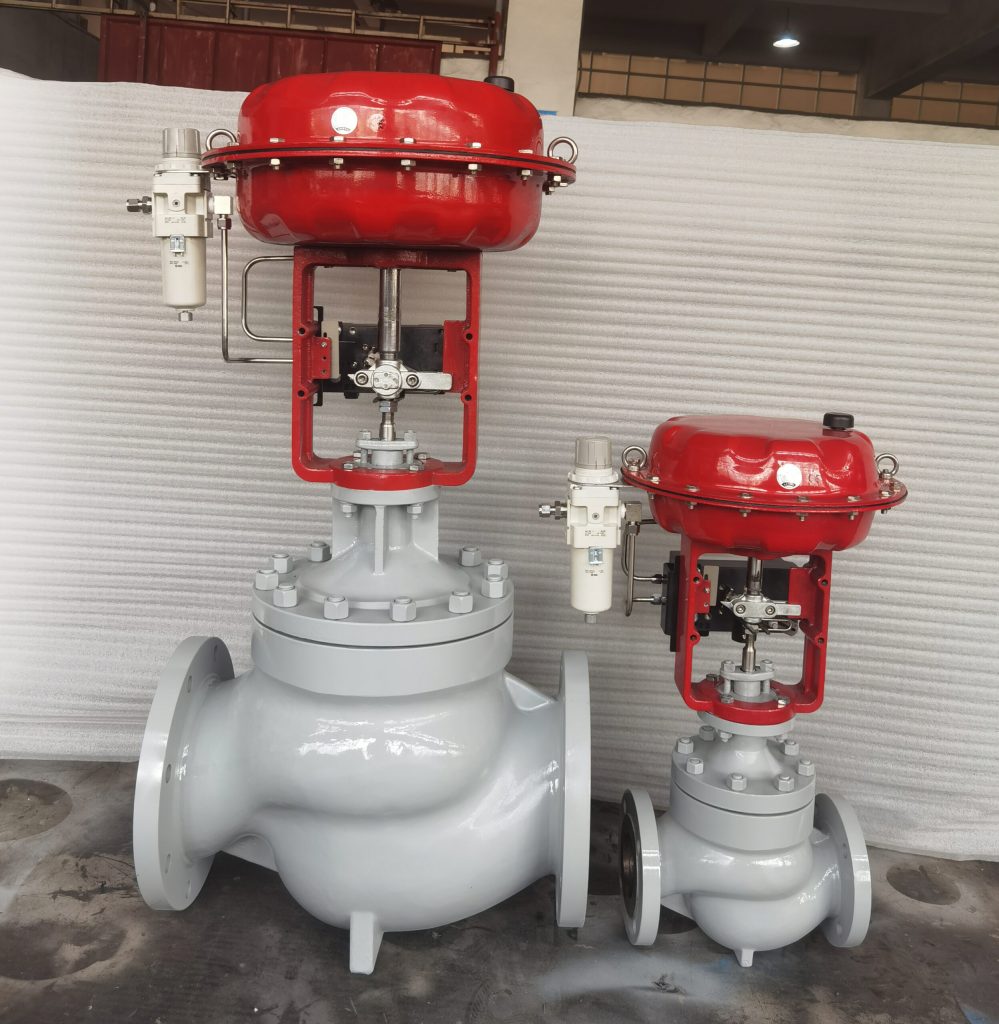A beautiful home is more than just four walls and a roof. It is a personal retreat, a space where comfort and design meet, and where every corner speaks of peace and elegance. For many homebuyers, finding the right home means discovering a place that not only looks good but also feels right. That is where elegant homes that offer serenity, style, and complete satisfaction truly shine. These homes are thoughtfully designed to match modern preferences while creating a calm and welcoming atmosphere for families, couples, or individuals.
What Makes These Homes Elegant and Peaceful?
Elegance in a home starts with smart design and quality materials. From the moment you step inside, these homes greet you with open spaces, natural light, and clean finishes. The peaceful setting is often supported by quiet surroundings and green views over homes sale ottawa. Whether it is a cozy living room or a spa-like bathroom, each area is created to help residents unwind and feel at ease.
Stylish Features You Will Love
A stylish home is more than just trendy it reflects personal taste and long-term appeal. These elegant homes are built with timeless designs that continue to look beautiful for years. You will often find:

- Open layouts with smooth transitions between rooms
- Neutral color schemes that add warmth and brightness
- High ceilings that enhance space and comfort
- Quality flooring like hardwood or modern tiles
- Large windows for better natural light and scenic views
All of these features come together to create a living space that feels both modern and timeless.
Comfort and Satisfaction That Lasts
These homes are designed not just for appearance, but for daily satisfaction. Comfort is found in the details quiet bedrooms, spacious kitchens, and energy-efficient systems that help reduce utility costs while adding convenience to daily life. Families appreciate the balance of shared spaces and private corners, while others enjoy the ease of relaxing outdoor areas.
Key comforts include:
- Well-equipped kitchens with modern appliances
- Bathrooms designed for relaxation and functionality
- Bedrooms that are quiet, airy, and restful
- Patios, balconies, or gardens for outdoor enjoyment
- Smart features like lighting, security, and temperature control
Ideal for Long-Term Living
Whether you are buying for the first time or looking for an upgrade, these homes support a lifestyle that is both simple and fulfilling. They are easy to maintain, enjoyable to live in, and built to keep their value. Many also offer space for remote work, hobbies, and hosting family and friends, making them suitable for a wide range of lifestyles.
Summary of What You Get:
- Elegant design with long-lasting style
- Quiet and peaceful surroundings
- Practical layouts with smart use of space
- High-quality interiors and finishes
- Comfort features that enhance everyday life
Choosing a home is one of life’s biggest decisions. Elegant homes that offer serenity, style, and satisfaction make that choice easier by meeting the needs of both the heart and the mind. For anyone seeking a space that brings beauty and balance, these homes are the perfect match.









